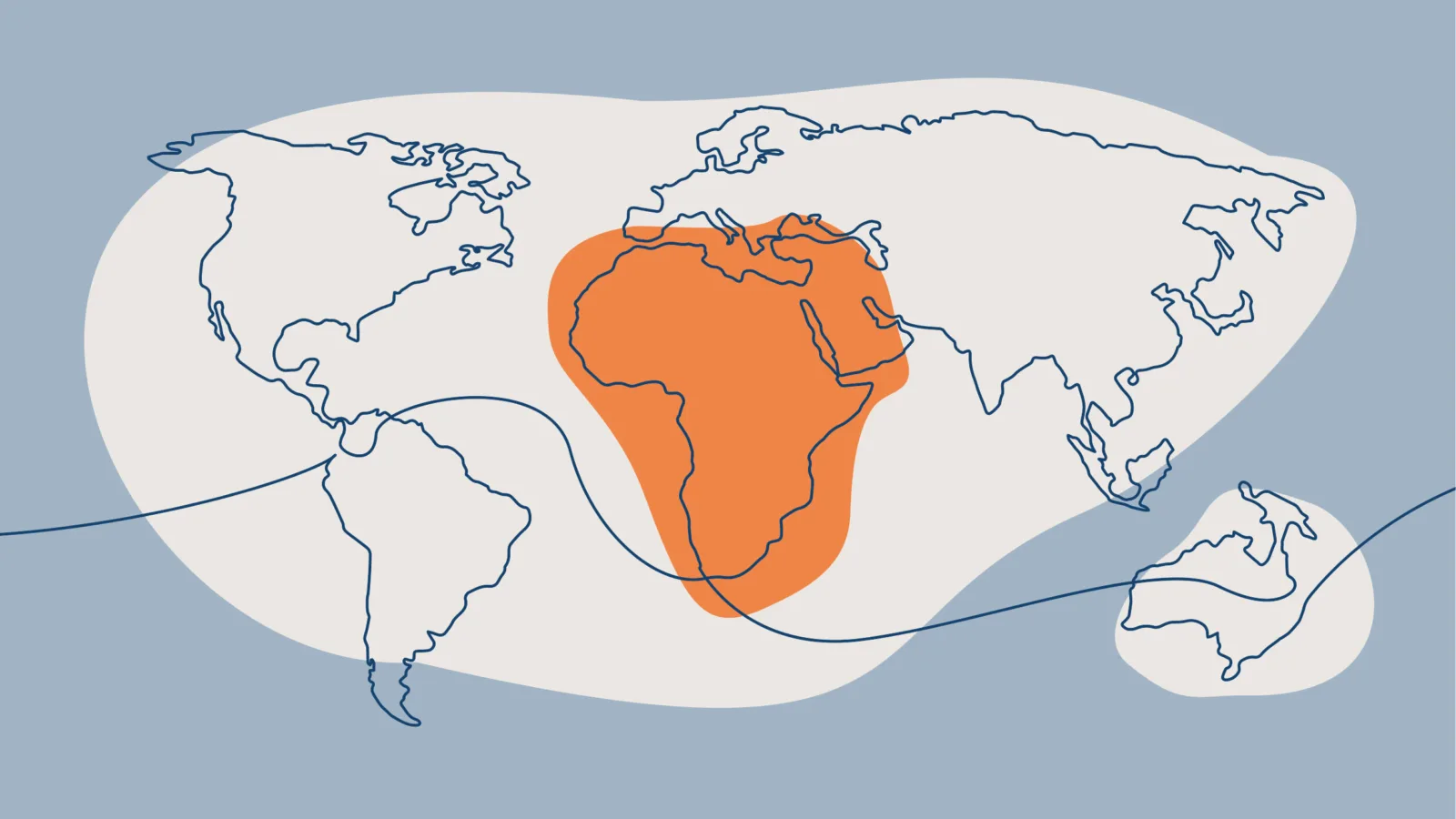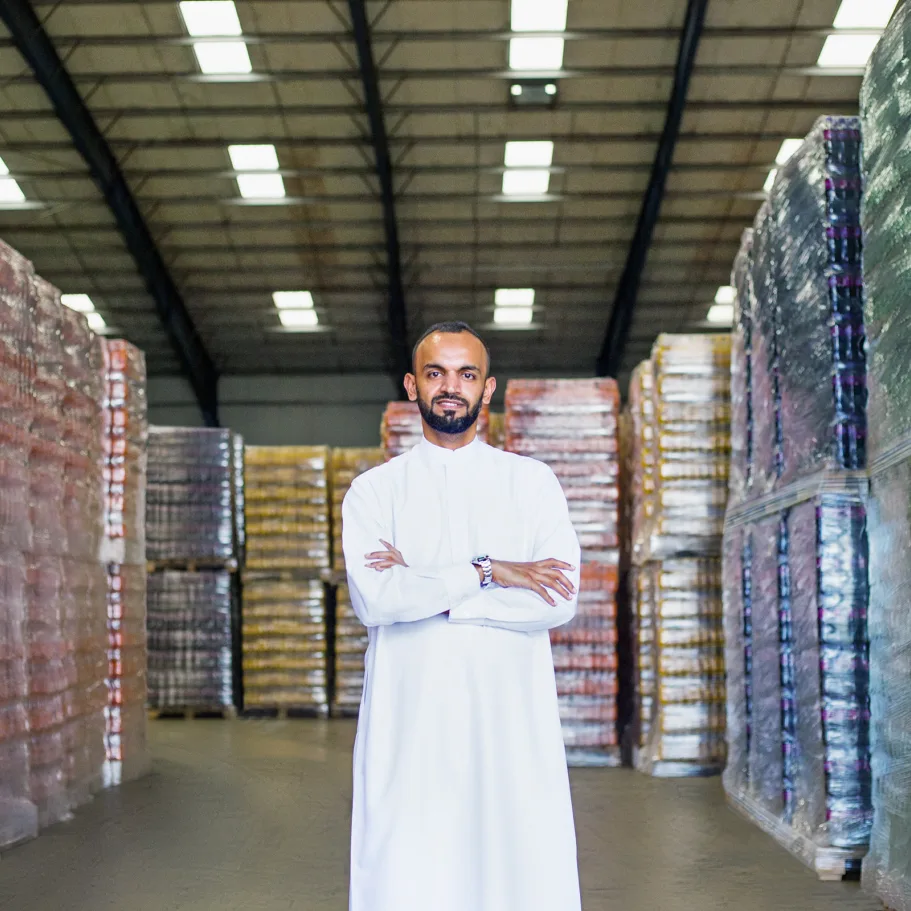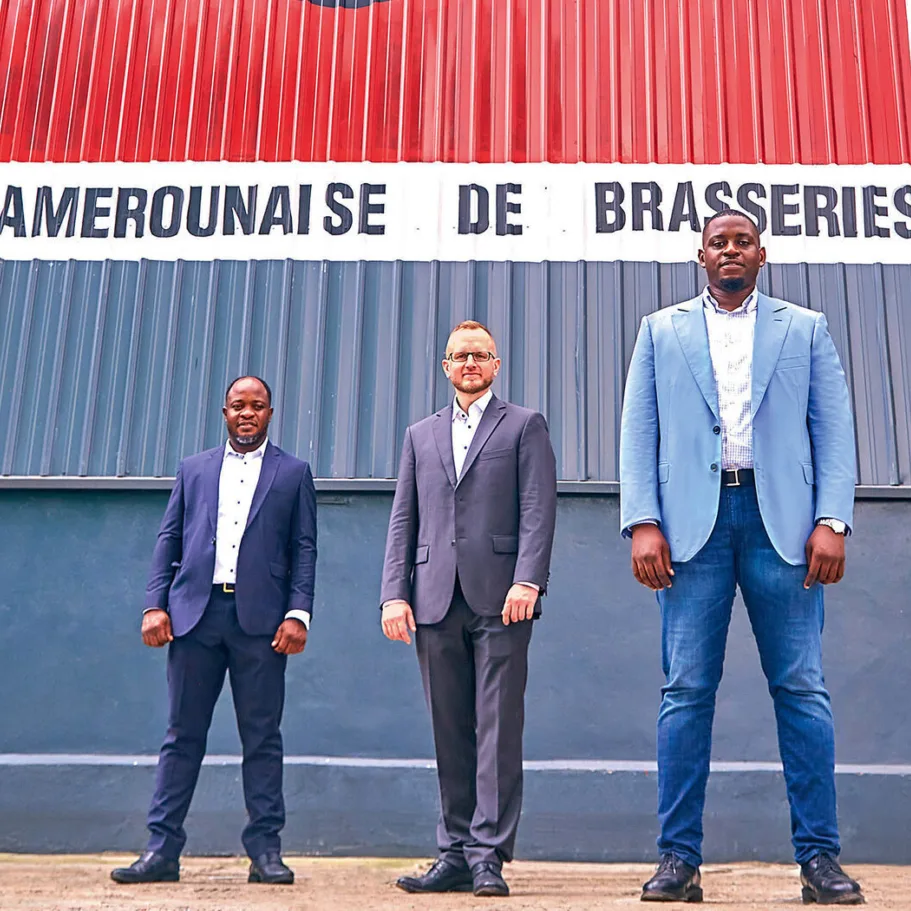
Never the same
Market and business development in the five regions of the Middle East/Africa market zone is such that KHS must be able to quickly adapt to various volatile circumstances. Here, a current summary of the situation.
The African continent is characterized by immense diversity, evident in its landscape alone: the geographical spectrum ranges from broad savannas and vast deserts through dense rainforest and lush coastlines to remarkably high mountain ranges. Over 2,000 different languages are spoken in 54 countries, with countless ethnic groups upholding their respective traditions.
These great divergences in topography and culture also apply to the continent’s economic conditions in general and the beverage market in particular; the situation in practically every country is never the same. This affects KHS in particular in the development of its Market Zone Middle East/Africa: its heterogeneity means that numerous very different challenges need to be mastered within the five regions KHS has defined. Markus Auinger, the man responsible for the market zone as its executive vice-president, provides an overview of the current situation here.

Local brands in the Arabic region
The Middle East, which KHS develops from its hubs in Istanbul and Dubai and for which a dedicated service organization has been set up in Pakistan, is KHS’ largest geographical region with the highest share of sales. “A lot’s being invested in beverage production here, especially in Saudi Arabia, Iraq, Pakistan and Turkey,” explains Auinger, “above all in local brands that are increasingly ousting American and multinational suppliers.” KHS is also realizing a number of projects in Israel that are contributing to the strong growth in the region.
Zimbabwe scores with CSDs
As in the entire sub-Saharan region, companies in Southern Africa are currently more reluctant to invest – particularly in Mozambique but also in South Africa, traditionally a strong and stable beer market. „In this once model county, the infrastructure and energy supply are now gradually eroding, although its key industry of tourism is still a good source of external revenue,” Auinger notes. While business is Mozambique is rather stagnant, in Zimbabwe it’s currently experiencing strong growth. Carbonated soft drinks (CSDs) in particular are gaining in significance in this region.
Strong presence in the Maghreb
Regional Center West Africa/Maghreb, which opened its headquarters in the Tunisian capital of Tunis in March 2024, has been able to build up plenty of trust and a strong presence over the past few years. Thanks to a rising number of successfully concluded projects, the Dortmund engineering company has firmly established itself in the region. „At the moment, Algeria is experiencing one of the biggest booms with high investments,” smiles the head of the market zone. “A handful of large states in the region are also helping to bring about a positive KHS result with various smaller orders.”

High rate of inflation in Nigeria
In Central Africa, Nigeria, the country with the highest population of over 230 million, is a particular cause for concern. Until very recently, it was heralded as the continent’s economic beacon of hope: since 2023, however, prices have risen by between 24 and 33% and the exchange rate for the local currency of Naira has more than halved during this period. This is currently affecting not only KHS’ new machine business but also After Sales that services the region from Lagos. Angola is in a similar situation, whose economy showed initial signs of recovery following several hard years only to again collapse in 2024.
Kenya must regain trust
In the regional center of East Africa the situation is stable overall, even if traditionally strong countries such as Tanzania and Uganda are currently cautious about investing owing to the volatility of their foreign exchange trading and the market risks associated with this. “Economic uncertainty is often shadowed by political factors,” explains Auinger. “For example in Kenya, previously considered one of the economically best-placed states in Africa and now heavily in debt, drastic planned tax increases led to protests and violent riots last year. The government’s promised fight against corruption is absolutely essential here if trust is to be regained.”
“Developing the market through regional hubs is a key factor when it comes to stabilizing our business activities in Africa and the Middle East.”

Executive vice-president of Market Zone Middle East /Africa, KHS
Consistent regionalization
KHS has been addressing the volatile circumstances and multiple challenges of the entire Middle East/Africa market zone since 2013 with a strategy of consistent regionalization. “As expected, developing the market through regional hubs has proved a key factor when it comes to stabilizing our business activities,” Auinger sums up.



